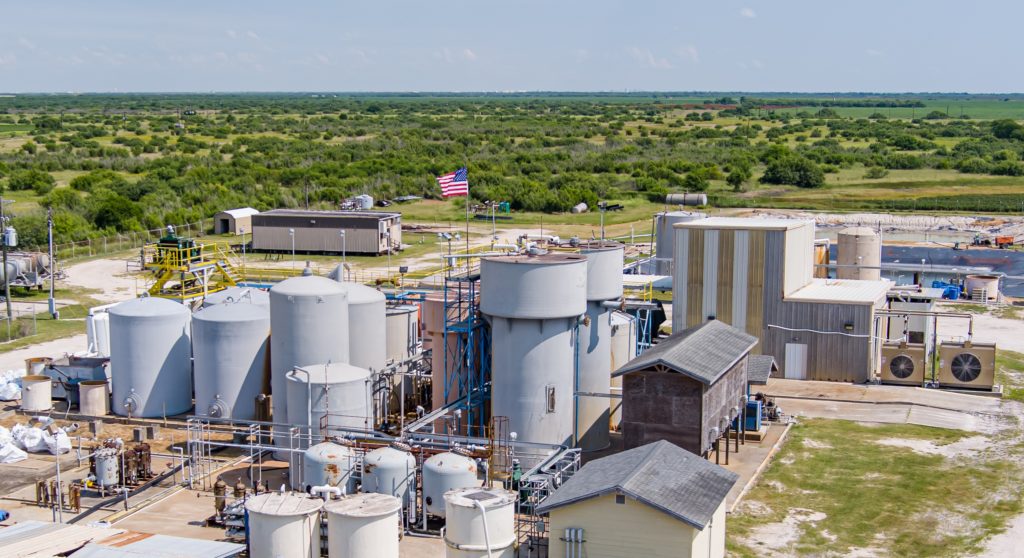The court denied the request on Thursday, but the project’s opponents can appeal to the U.S. Supreme Court.
Jeffrey C. Parsons, a lawyer based in Lyons, CO with the Western Mining Action Project who argued for the Indigenous group, didn’t immediately reply to a phone call Friday morning seeking comment.
An enCore spokesperson said by phone the company may provide comment on the court’s decision.
The Dewey-Burdock in-situ recovery project is among several others enCore is pursuing in Texas, Wyoming and New Mexico as the company plugs in to a renewed interest in nuclear power by governments for producing energy without harmful gas emissions. Several countries have rolled back attempts to retire nuclear plants in the face of a European energy crisis and calls to fight climate change.
A 2020 report shows Dewey-Burdock has 5.4 million tonnes grading 0.132% uranium oxide for contained metal of 14.4 million lb. over a 16-year mine life. EnCore estimated construction costs at $31.7 million, a post-income tax net present value of $147.5 million at a discount rate of 8% and an internal rate of return of 50%. The calculations used a uranium price of $55 per lb., an operating cost of $10.46 per lb. and royalties and local taxes of $5.15 per lb. of production.
According to court documents, the project’s opponents objected to how the NRC conducted environmental impact studies from 2009-19 on the property and the proposed in-situ recovery process. In-situ recovery involves pumping a solution into underground ore beds to dissolve uranium, then pumping it to the surface where the uranium is recovered for processing into fuel.

